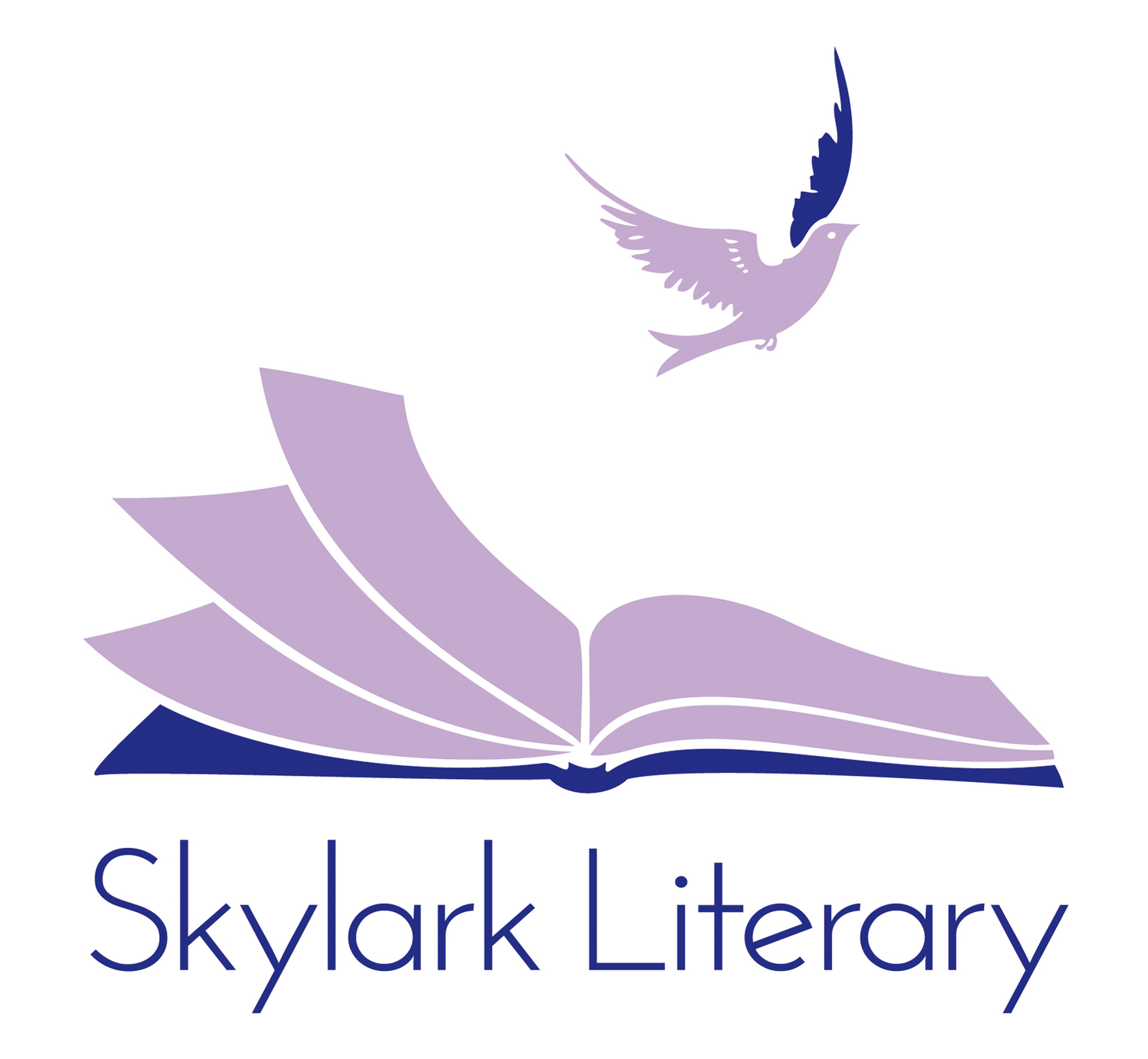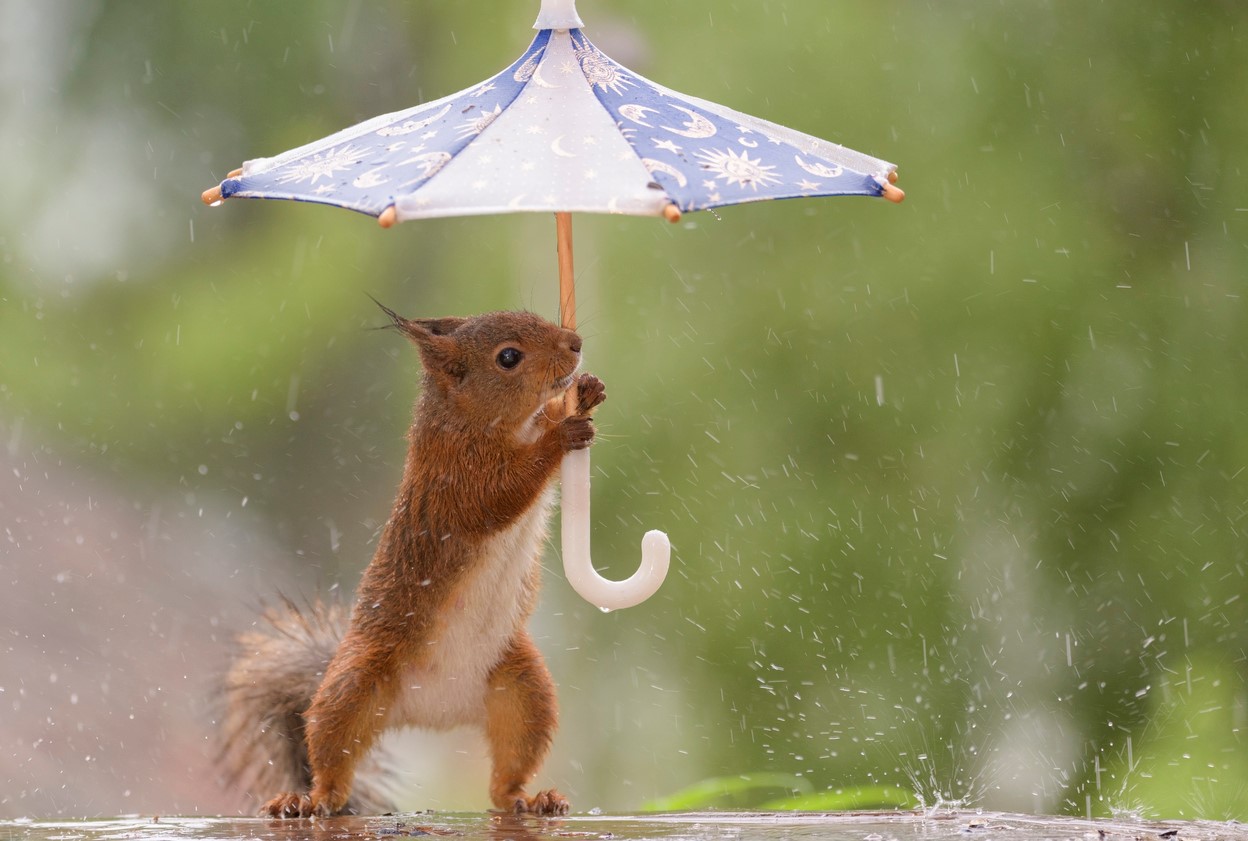It’s Friday – which feels like a great day to talk about social media in the life of an author!
Twitter, Instagram, Facebook and other social media networks (I’ll use ‘Twitter’ throughout this post, but most of this applies to all) – for an author, they can be terrific for building contacts, discovering great new reads and sharing news with likeminded people. Publishers like it when a debut author has a sizeable Twitter following, and following other authors can be a really great way of learning about the publishing journey.
Most writers agree that writing can be a very solitary and sometimes lonely activity, so being able to connect with other authors through social media can be helpful. Besides, very often people share great tips, insights, blog posts and reviews which are well worth reading – BUT that leads us onto one of the first major pitfalls of social media…
Pitfall #1 – The Time Suck! Don’t be fooled – at first you’ll think, I don’t really understand what all the fuss is about. Twitter doesn’t seem that interesting! Then you’ll start following a few fascinating, funny, talented people, and – bippity, boppity, boo – one hilarious gif, two fascinating book reviews and three adorable articles about penguins later and… you’re hooked! You’ve also lost two hours of prime writing time!
Solution: Once you’ve lurked on these networks and found your favourites, limit your time on them.
Pitfall #2 – The Comparison. This may actually be the most dangerous pitfall of them all for many! Please remember that Twitter is basically everybody’s highlights reel. Although some brave, beautiful souls – kudos to you Matt Haig, Abi Elphinstone – will sometimes tweet about the frustrations, anxieties, grief and disappointments of life, for many people, Twitter is mostly a chance to celebrate achievements. Please remember that EVERYBODY has lows – they just probably aren’t tweeting about them. So don’t fall into the trap of thinking that you are the only writer EVER who hasn’t got an agent/won an award/received a rave review.
Solution: There isn't one, really! Most of us can't help but compare ourselves to others to some extent, but being aware of it helps us stop (and also see Solution #1)
Pitfall #3 – The Public Forum. All these networks are public. Something once posted can be seen by pretty much anyone and everyone (unless you’re in a private Facebook group/DM/etc.), so be very, very careful what you post. As a general rule, it’s wise to follow the mantra of ‘If you can’t say something nice, don’t say anything’! Use Twitter to make friends, build networks, support others and occasionally chat about your own work.
Solution: Think of social media as a normal conversation. Nobody likes the person who only ever talks about themselves or says negative things – don’t be that person!
Overall, social media can be a great way of building your profile and making new and supportive friends. Twitter, in particular, seems to be popular with authors. But make sure that YOU are running your social media accounts – not the other way around. If you can limit your time and try not to take it all too seriously, then you’re probably getting it right. Don’t forget, you can always take a break from social media when it gets too much and, most of all, enjoy!
#FollowFriday: @AmberCaraveo @JoannaMoult @SkylarkLit


